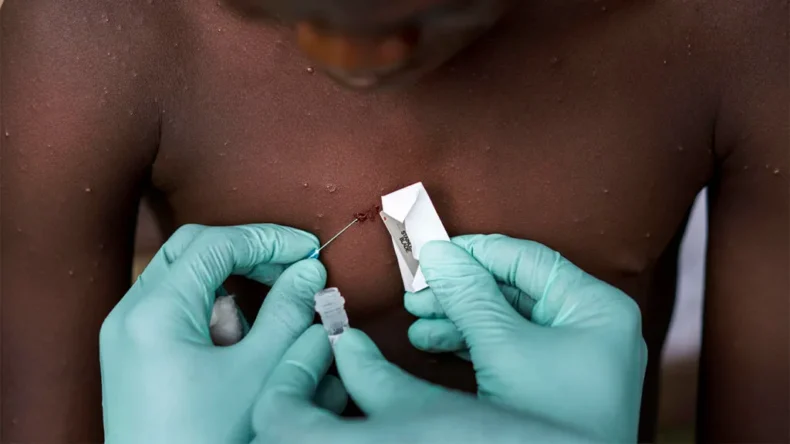The World Health Organization’s (WHO) India Country Office has requested aid from India’s ICMR-National Institute of Virology, Pune, to test suspected cases of monkeypox for member-states of the South-East Asia Region (SEAR).
The SEAR accounts for one-quarter of the world’s population, 40 percent of the world’s poor, and carries roughly 30 percent of the global illness burden.
WHO seeks India’s help at a time when outbreaks of the viral disease have been documented in more than ten countries where monkeypox is not endemic, with more than 100 confirmed or suspected infections, predominantly in Europe.
The ICMR-NIV in Pune discovered the country’s first SARS-CoV-2 case and then isolated the virus, including the variants of concern.
Its Director Priya Abraham said: “This is not the first time India is extending its laboratory and diagnostic support to countries of this region. We have done it during COVID also. For monkeypox testing, we have agreed in principle to help out and will await more formal requests from individual countries”.
“Recent monkeypox outbreaks are uncommon because they are occurring in countries where the virus has not been endemic,” she added, noting that India has yet to report a case of monkeypox.
“For the time being, we’re taking a wait-and-see approach. Two of our Institute’s laboratory groups are prepared to conduct the tests. We are prepared and properly equipped.”
Dr. Abraham went on to say that monkeypox isn’t as contagious as SARS-CoV-2 and that the current outbreak isn’t cause for alarm. Close contact with respiratory secretions (big droplets), skin sores, or recently contaminated objects transmits the virus between individuals. As a result, she said, health care personnel, household members, and other close contacts of active monkeypox cases are at risk.
Read More – What is Monkeypox and Should You Be Worried?












